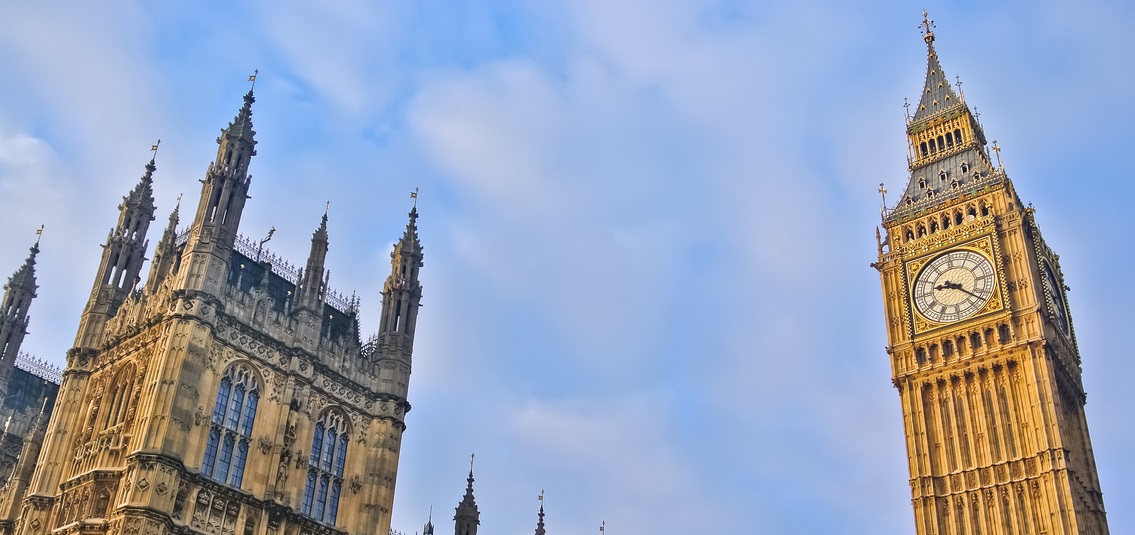“Before the pandemic, the UK was the seventh most visited country in the world but generally there is a low awareness in this country of how much international visitors contribute to our national and regional economies,” pointed out Croft.
“Sadly, we look set to see significant redundancies from tour operators and the tourism supply chain next month, which means that many communities and businesses throughout the UK who depend on significant revenue from international visitors will also suffer.”
Extend the Job Retention Scheme
One of the tourism companies struggling is Mountain Goat, which offers personalised tours in the north of England and Wales.
Owner Stephen Broughton urged the government to extend the scheme until the tourism season starts again next March.
“It would make all the difference to the survival of our business,” he said. “Our most valuable asset is our staff and we are in an area where tourism is the main source of employment. We need to do everything we can to maintain a livelihood for them.”
The cut will stimulate demand
Others felt the VAT cut, taken alongside the ‘Eat Out to Help Out’ scheme, would help UK tourism, once the UK’s borders are fully open to overseas visitors.
“The package of measures will help the industry as it starts to rebuild and to compete for international visitors while encouraging domestic visitors to get out and enjoy the summer,” said British Tourist Authority chair Sir Patrick McLoughlin.
“The key for success will be ensuring that we continue to attract domestic and international visitors through the autumn and extend the season.”
“The VAT cut will help stimulate demand and, once our borders open to incoming tourism, will also help UK tourism overall as Britain’s VAT rate has been among the highest of our international competitors,” said David Weston, chair of the Bed & Breakfast Association.
Passing on the VAT saving
The Treasury said it hoped firms would pass the VAT savings on to customers but said as many businesses had been without income for months it would be their decision whether to do so.
Rishabh Gupta, head of hotel chain OYO UK, said his hoteliers would be passing on the VAT cut.
“Our hotels are generally at the affordable end of the market and the cut gives customers who are price-sensitive or facing financial uncertainty the reassurance that they might still be able to treat themselves to a few days away,” he said.
He predicted that hotel prices will remain competitive and almost certainly below average for the rest of the year.
“Operating costs have increased because of the extra measures our hoteliers are adopting to ensure the safety and hygiene of staff,” he warned. “All savings that can be made by the business will help hoteliers stay operational while the visitor economy slowly recovers.”
He said that London hotels have been hit by lockdown but visitors are craving space and adventure.
“Lockdown has pressed a reset button for the tourism industry, so now is the time to tempt people beyond the usual tourism hotspots to discover new corners of the UK which could really use the footfall,” he said.

